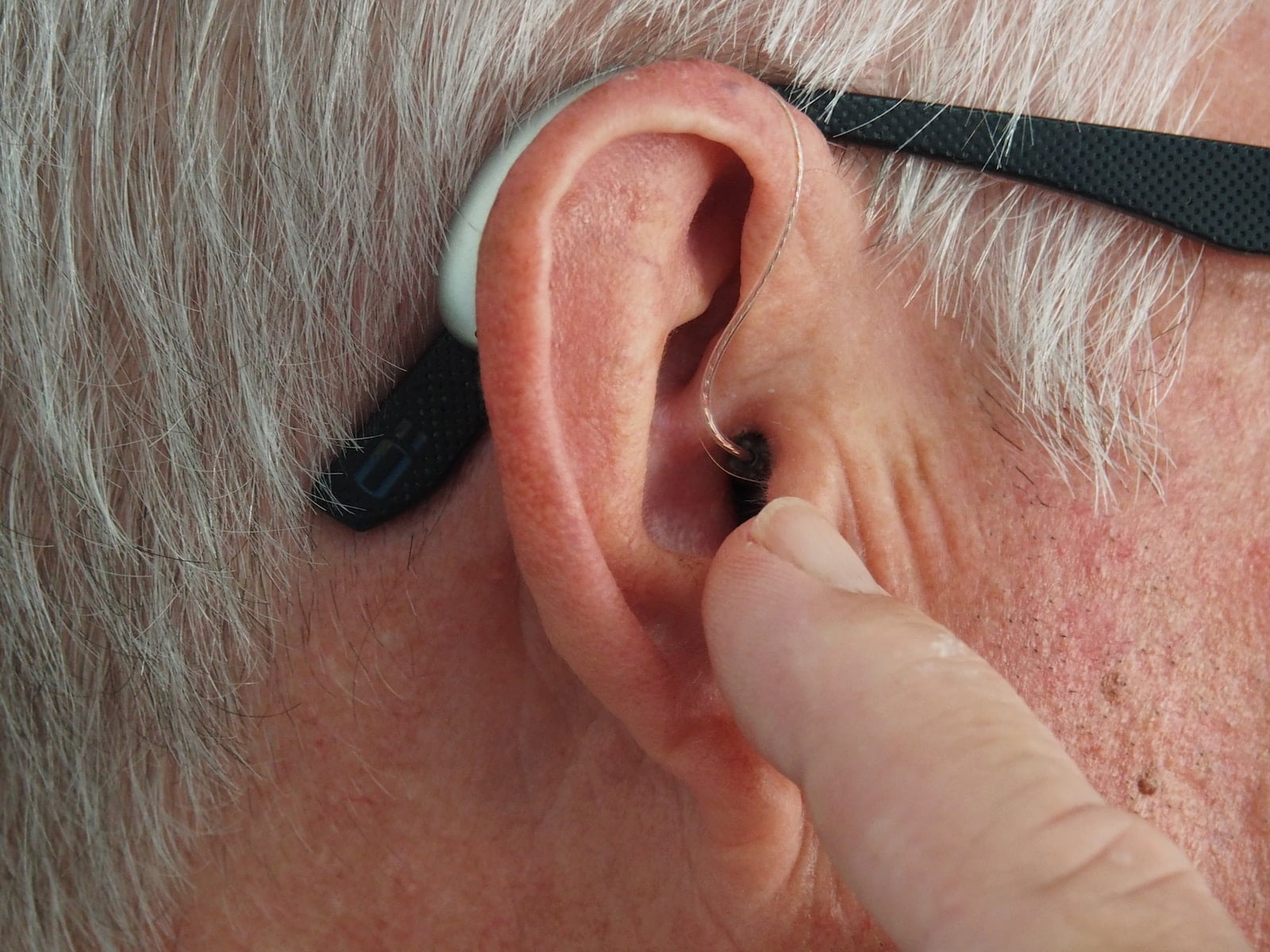
Ear wax, also known as cerumen, is a natural substance produced by glands in the ear canal. It plays a crucial role in protecting the ear canal by trapping dust, foreign particles, and bacteria. However, when ear wax builds up and becomes blocked, it will effect your hearing and can become uncomfortable.
There are several methods available to remove ear wax, including manual instrument removal. This technique involves the use of specialised tools, such as jobson hornes and forceps, to manually remove the accumulated wax. In this article, we will explore the advantages of manual instrument ear wax removal and why it is an effective and safe procedure.
The main advantage of manual instrument ear wax removal is the enhanced precision and control it offers. Unlike other methods irrigation, manual removal allows the audiologist to directly visualise the ear canal and carefully manoeuvre the instruments to remove the wax with control and precision without causing any damage to the ear canal or to the eardrum.
Each individual’s ear canal is unique, and the amount and consistency of ear wax can vary significantly from person to person. With manual instrument ear wax removal, the audiologist can tailor the procedure to suit the specific needs of the patient. They can choose the most appropriate instrument and technique based on factors such as the consistency of the wax, the size of the ear canal, and the patient’s comfort level. Crocodile forceps may be used as they are effective for removing hard wax and foreign objects.
Manual instrument ear wax removal is known for its efficiency in removing the most stubborn ear wax. The specialised tools used in this procedure allow the audiologist to gently break down the wax and remove it in small increments. This gradual approach ensures that the wax is effectively removed without the risk of pushing it deeper and that the ear canal doesn’t become overwhelmed with any sudden changes in temperature reducing the chances of dizziness.
Manual instrument ear wax removal carries minimal risks, reducing the chances of any injuries to the ear canal or eardrum. By not introduce any additional substances into the ear canal, reducing the risk of infections. The precise nature of this technique minimises the chances of injuries, such as ear canal abrasions or perforations.
For individuals experiencing symptoms associated with excess ear wax, such as hearing loss, earache, or a feeling of fullness in the ear, manual instrument ear wax removal offers immediate relief once removing the ear wax blockage, this will allow individuals to experience improved hearing post removal.
Manual instrument ear wax removal is generally considered safe for most individuals. However, certain groups, such as those with a history of ear infections, perforations, or ear surgery, should consult with an audiologist before undergoing the procedure as they may require additional caution or alternative methods of wax removal.
In conclusion, manual instrument ear wax removal offers several advantages over other methods of wax removal. Its precision, customised approach, efficiency, and minimised risk of complications make it a popular choice for individuals seeking safe and effective relief from ear wax buildup. If you are experiencing symptoms associated with excess ear wax, consult with an audiologist who specialises in manual instrument ear wax removal to ensure that you are in good hands.
On many occasions after providing a full hearing assessment I get asked the question “can…
Microsuction is a safe and effective method for removing earwax and debris from the ear…
Ear wax, also known as cerumen, is a substance that is naturally produced by our…
Ear wax, or cerumen, is a natural substance produced by the ear canal to protect…
Cleaning our ears is an important part of our personal hygiene routine. It not only…
Earwax, also known as cerumen, is a natural substance produced by the ear canal to…
This website uses cookies.